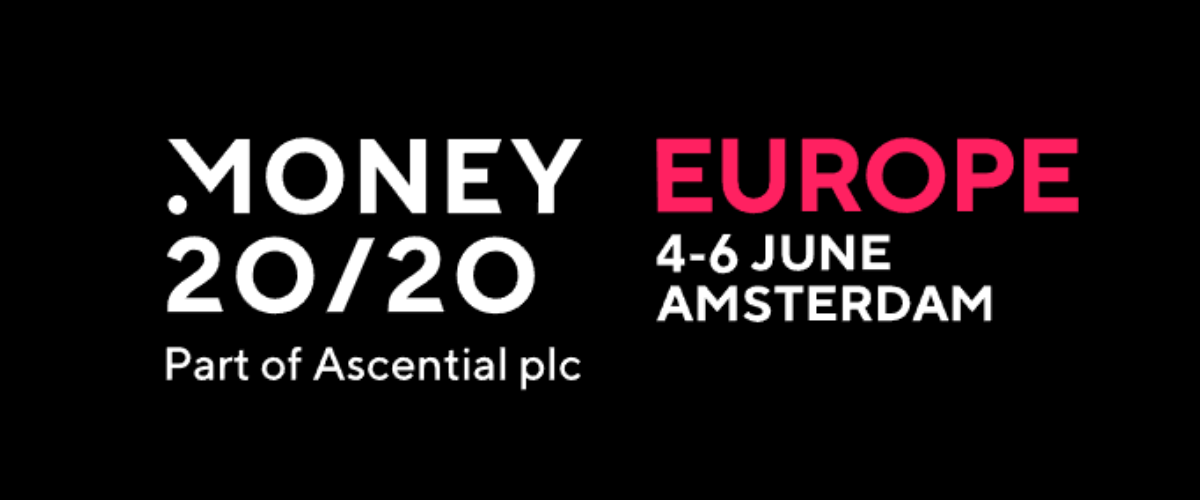Security token financing (as a tokenised debt security) has become almost commonplace. At the beginning of 2019, Bitbond became the first German start-up to receive BaFin’s (the German Federal Financial Supervisory Authority) approval to issue tokenised debt securities. In doing so, Bitbond conducted a so-called Security Token Offering (STO). Numerous foreign, especially US, companies have already made use of this innovative financing option.
Many processes are well established in German venture capital financing rounds, but tokenised financing rounds are still uncharted territory. In the following, we will look at how start-up financing via tokens could be structured under German law and what opportunities this could open up for founders and investors.
Venture Capital Financing – Status Quo
Start-ups in Germany are usually founded as limited liability companies (GmbH) and venture capital financing rounds of start-ups are carried out by concluding an investment and shareholders’ agreement between the shareholders, the company and the investors. This investment and shareholders’ agreement, as well as the shareholders’ resolution on the capital increase to create the new shares for the investors, must be notarised. The capital increase must be filed with, and registered by, the commercial register. This process is complex and requires time and financial effort of the company and the investors.
It is also possible to agree on a convertible loan, whereby the investor pays the investment amount directly to the company as a loan and the loan repayment claim is then converted into shares at a later date. The conversion is usually linked to the implementation of a venture capital financing round (i.e., the conclusion of a notarised shareholder agreement and implementation of a capital increase). The convertible loan therefore does not replace the complexity and the notarial certification of the financing rounds, but only shifts this effort into the future.
Venture Capital Financing and Digitalisation
The use of stock tokens or security tokens could provide a remedy here. In the case of financing through security token offerings (STOs), investors receive tokens instead of real company shares, which represent certain rights or are linked to rights and claims under the law of obligations. As already discussed, BaFin has already approved securities prospectuses for security tokens.
Conceivable, then, is financing through a convertible loan in which the loan repayment claim is converted into stock tokens or security tokens. However, exchanging a debt claim from the loan for a debt claim in the form of a token does not appear to be a profit for the investor. It can be interesting, however, if the token represents rights that are largely modelled on the investor rights under law of obligations that are usually associated with a company share. Such investor rights under the law of obligations can be established by an agreement under the law of obligations between the company, the shareholders and the investors (such an agreement could be called a “Token Issuance Agreement“), since this Token Issuance Agreement does not deal with the obligation to dispose shares or even the disposal of shares (Section15 para. 3 and 4 GmbHG – German Act on Limited Liability Companies), it does not need to be notarised. In terms of content, the Token Issuance Agreement can be modelled on a shareholders’ agreement, whereby all provisions that presuppose a share in the company or the shareholder position cannot, of course, be made the subject matter. However, the most economically significant rights are of a purely obligational nature and would therefore be transferable without restrictions. In particular, the liquidation preference (especially in the case of a share deal or merger, since in these cases the payment obligations are to be borne by the selling shareholders), the downside protection (so-called anti-dilution protection), guarantees and legal consequences of breaches of guarantee are to be considered. The rights that can be associated with these tokens can be far-reaching. However, these are always claims under the law of obligations.
Opportunities for founders and investors through security token financing
Tokens offer numerous advantages for both founders and investors. Due to the extensive freedom of rights and obligations that can be associated with the token, they offer a great deal of creative freedom. The convertible loan agreement under the law of obligations, which was concluded in the run-up to the STO and has already been explained, also allows a wide range of different provisions. In particular, provisions typical for shareholders’ agreements, such as information and consent rights, liquidation preferences and anti-dilution clauses (downround protection), can be included without triggering a notarisation obligation.
Compared to a classic IPO, tokens offer the advantage that, unlike shares, they do not have to provide for membership, information, control or voting rights in favour of investors. In contrast to a public limited company, the shareholders’ right to participate in a general meeting and their subscription rights in the event of a further capital increase of the company also do not apply.
If start-up financing via tokens is structured as a convertible loan, tokens are issued to the investors instead of repaying the loan.
In addition, tokenisation does not require a large investment volume due to the associated lower transaction costs. This offers small investors, similar to crowdinvesting, the opportunity to invest small amounts without the transaction costs being out of proportion to the investment. Start-ups that are unable to attract large investors, especially venture capital funds, corporate VC or banks, also benefit from this low-threshold form of capital procurement.
In addition, a positive marketing effect is conceivable in that the company is perceived as innovative.
_____
Read the full article here.



